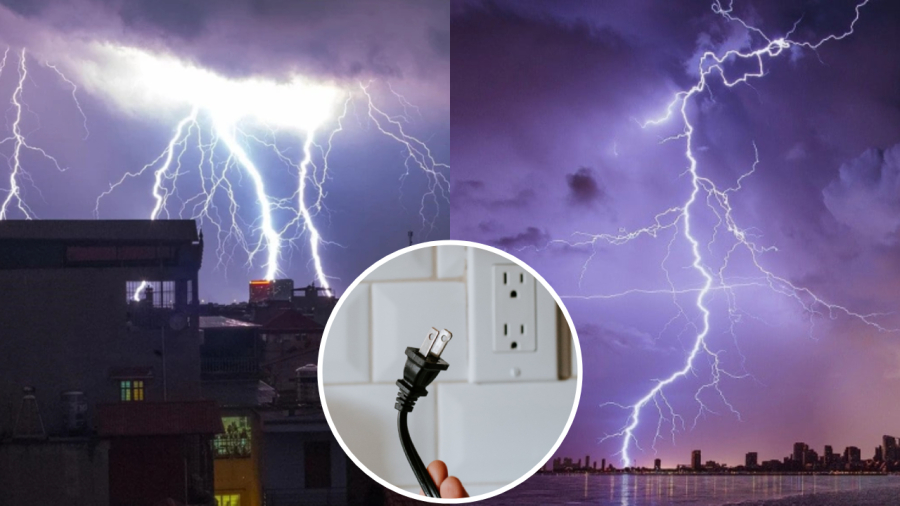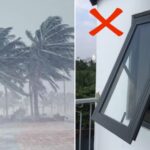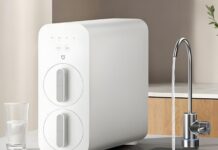Unplug Electrical Devices During Storms and Lightning
During stormy weather, lightning often strikes repeatedly. While modern homes are equipped with lightning rods, unplugging electronic devices during a storm is still essential. Lightning rods provide good protection for your home, but they cannot guarantee absolute safety. Lightning can strike objects directly, such as buildings, structures, trees, or moving people, but it can also strike indirectly. For instance, lightning may hit telephone lines or high-voltage and low-voltage power lines somewhere. The resulting electric current can then travel along these lines to residential buildings, damaging any electrical equipment connected to the power source.
Many families experience issues with light bulbs, phones, and refrigerators short-circuiting and burning due to this phenomenon.
Therefore, experts advise that the best way to protect your electrical appliances from damage and explosions is to unplug them.
When you hear weather forecasts predicting lightning, take some time to unplug any non-essential electrical devices in your home.

Unplugging electrical devices during storms and lightning helps ensure your family’s safety and reduces the risk of fire and electrical faults caused by lightning strikes.
Devices that should be unplugged during a storm include radios, ovens, microwaves, washing machines, clothes dryers, induction cookers, dishwashers, electric kettles, TVs, computers, and phones that are charging. These devices are more susceptible to electrical attraction, have a higher risk of damage, and pose a greater threat of explosions during lightning storms. Thus, unplugging them during stormy weather is necessary.
When there is strong wind and lightning, you should also turn off the power source for outdoor electrical installations, such as signage and billboards.
If you need to leave the house before the storm arrives, make sure you have turned off the power to all electrical devices to ensure the safety of your home.
Precautions During Storms and Lightning
Before a storm hits, inspect your home’s electrical system, especially wiring that has been in use for many years. Consider installing separate circuit breakers or power disconnects for each floor to easily control the power supply to each level.
If your home is at risk of flooding, turn off all circuit breakers to prevent hazards.
After experiencing flooding, check electrical connections and outlets for water and moisture damage. If affected, dry these areas before turning the power back on.
Additionally, keep electrical devices in a high and dry place to prevent water damage during floods. If electrical equipment gets wet or damp, turn off the power. Before using them again, ensure the devices are thoroughly dried or serviced.
Avoid touching operating electrical devices with wet hands to prevent electric shocks.
Install lightning rods and surge protectors to ensure the safety of your home.
“The Humble Herring: A Nutritional Powerhouse Offering Omega-3 Rich Benefits for Just 20,000 VND per Kilo”
“In traditional Eastern medicine, tilapia is believed to have a sweet and neutral taste, free from any toxicity. This fish is considered especially beneficial for children who are underweight or anemic, as well as adults. With its mild flavor and tender texture, tilapia is a versatile and nutritious addition to any meal.”






































